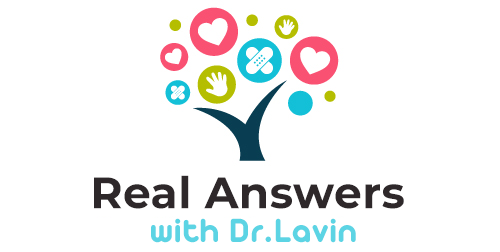A New Edition Defining Mental Illness is Approved
It was reported today that the DSM-V has officially been approved by the organization responsible for its editing and publication.
http://www.nytimes.com/2012/12/11/health/a-compromise-on-defining-and-diagnosing-mental-disorders.html?hpw
The DSM is the Diagnostic and Statistical Manual, and it plays an enormous role in many American’s life.
How so? Because this book contains all the definitions used in the health care world in the US that define mental health, mental illness, and mental conditions.
If you turn to a doctor or clinician to determine if you have a mental health issue, it is very, very likely that the answer will rest on where the line defining normal and abnormal rests in the DSM.
The current edition is the DSM-IV, so the new edition which you will be hearing a lot about, is the DSM-V. These books are created and updated by the American Psychiatry Association (APA).
The most interesting aspect of the article describing the end of a 5 year process of creating the DSM-5 was how little agreement there was across the mental health and medical professions on just what is the definition of a wide range of mental illnesses and conditions.
For example, is someone grieving for the loss of a loved one depressed?
Or, does someone who has excellent language function but is awkward socially have a form of autism?
At what point does someone who eats in binges qualify for being designated as having an eating disorder?
I remember vividly when a top clinician at one of our country’s leading mental health facilities once taught at a seminar that every symptom in the DSM is experienced by nearly every healthy person at some point in their life.
So how does one know if their symptoms are severe enough to reasonably be considered a mental illness or condition?
The story of how the DSM-V got approved suggests that this question has no clear answer. Senior leadership devoted to answering this question quit over the development of this edition. Patient advocacy groups became quite vocal in opposition or support of various definitions of mental illness.
The article documents a startling illustration of how tricky the line that defines abnormal thinking and feeling is. In the 1990’s and 2000’s there was a big jump in the number of kids told they have bipolar disorder. The article states that most of these kids, duly diagnosed by physicians with bipolar disorders, did not in fact turn out to have that.
Another very important consequence of this difficulty is that where the line where normal becomes abnormal is drawn automatically dictates how many people will be considered ill. By adding a new diagnosis, binge-eating disorder, literally millions of Americans will now be considered diagnosed with this condition, once the DSM-V is actually published; but, right now, and for the years prior to its publication, they were not considered mentally unhealthy. With one book being published, suddenly millions of people went from well to ill.
Of course, this is not to minimize the rather extraordinary reality that our human minds are not a finished product, and contain real instabilities that put us all at risk for serious difficulties. Just consider that no matter how one defines depression, nearly everyone has either experienced a very serious bout of it or loved someone who has.
So take a look at this article, it is a rare glimpse into the intricacies of defining just who is mentally well and not well.
It emphasizes the reason that we find the focus on functionality so helpful when thinking about how to help respond to issues relating to the mind. By that we mean, we take our stance as assessing and doing all we can towards helping each person function well- at home, with family, at school, and at work. This focus seems to be more productive than simply relying on diagnosis.
Dr. Arthur Lavin
*Disclaimer* The comments contained in this electronic source of information do not constitute and are not designed to imply that they constitute any form of individual medical advice. The information provided is purely for informational purposes only and not relevant to any person’s particular medical condition or situation. If you have any medical concerns about yourself or your family please contact your physician immediately. In order to provide our patients the best uninfluenced information that science has to offer,we do not accept samples of drugs, advertising tchotchkes, money, food, or any item from outside vendors.








No comments yet.